
11 Essential Python Developer Skills Every Professional Should Master
Mar 03, 2025 5 Min Read 1409 Views
(Last Updated)
Python has become a top choice for developers around the world for its simplicity and versatility. Its popularity has risen across web development, data science, machine learning, and several other fields. Known for its easy-to-read syntax and vast libraries, Python is as beginner-friendly as it is powerful for seasoned developers. The language’s flexibility allows developers to switch from one project to another with ease, making it a great choice for fast-paced environments, especially startups.
If you’re aiming to excel in Python development, certain skills can truly set you apart. Mastering these essential Python developer skills can surely help you improve productivity as well as open doors to a wide range of projects and career paths. These must-have skills can build and refine your expertise while making you a valuable asset in today’s tech-driven world.
Table of contents
- 11 Core Python Developer Skills for a Successful Career
- Python Fundamentals
- Object-Oriented Programming (OOP)
- Familiarity with Python Frameworks
- Proficiency with ORM Libraries
- Data Analysis and Visualization Libraries
- RESTful APIs and Web Services
- Version Control with Git
- Machine Learning and AI Libraries
- Understanding of Frontend Basics
- Testing and Debugging
- Communication Skills
- Wrapping Up: Building a Strong Portfolio with the Right Skills
- Frequently Asked Questions
- Can I learn Python without any programming experience?
- How long does it take to become proficient in Python?
- What career paths can a Python developer pursue?
11 Core Python Developer Skills for a Successful Career
For Python developers, building a strong skill set is crucial to tackling varied challenges, from backend programming to integrating advanced libraries. Each core skill adds value to a developer’s toolkit, making tasks, projects and applications more smoother and efficient. Let’s take a closer look into these essential Python developer skills that can make all the difference in achieving success.
1. Python Fundamentals
Every Python developer’s journey begins with a solid understanding of Python’s core syntax and basics. This starts with understanding core syntax elements like variables, loops, and functions, which lay the groundwork for all Python projects. Knowing how to effectively use data structures like lists, dictionaries, and tuples is equally important, as they help store and manage data cleanly. When you’re comfortable with these basics, you’re in a great position to handle more advanced features without stumbling over the essentials.
Beyond the basics, Python comes packed with built-in modules that make your life easier. Libraries like math or datetime provide ready-to-use functions for common tasks, reducing the need to write repetitive code. Tapping into these modules also makes your code more readable and efficient, saving time on both coding and debugging. Together, these foundational skills help you create cleaner, more streamlined projects that are easier to maintain and scale over time.
2. Object-Oriented Programming (OOP)
Object-Oriented Programming, or OOP, is at the core of Python’s structure and helps developers organize code into manageable, reusable chunks. By using classes and objects, you can structure applications in a way that mirrors real-world concepts, making your code more intuitive and easier to work with. Concepts like inheritance and polymorphism allow you to create flexible code that can adapt without the need for major rewrites – a valuable asset for long-term projects.
Beyond basic functionality, OOP principles also support team collaboration, as structured code is easier to understand and modify. When each class has a specific purpose and each function does one job well, you can maintain your codebase with fewer issues. OOP not only makes your applications modular but also encourages clean coding habits, so your project stays easy to read, debug, and improve over time.
3. Familiarity with Python Frameworks
Python frameworks like Django and Flask are essential tools for developers looking to build efficient, secure web applications. Django is known for its robust structure, which comes with built-in tools that simplify common tasks, like handling user authentication or connecting to databases. Flask, on the other hand, offers a more lightweight and flexible option, giving developers control over their code structure. Knowing when to use each framework allows developers to adapt to project requirements with ease.
Working with frameworks also brings consistency to the development process. By using Django or Flask, you’re following tried-and-tested patterns that reduce errors and improve code readability. This familiarity makes collaboration easier since other developers can quickly understand your project structure. Framework knowledge doesn’t just make coding smoother; it also speeds up project timelines by letting you build on solid, pre-existing foundations.
4. Proficiency with ORM Libraries
Object-Relational Mapping (ORM) libraries like SQLAlchemy or Django’s built-in ORM are essential for developers working with databases. These tools allow you to interact with databases using Python code instead of complex SQL queries, making data handling more intuitive. ORMs are particularly helpful in large projects where managing databases directly would be cumbersome and error-prone.
The use of ORMs simplifies the code and makes applications more adaptable. Changes in database structure can be handled in Python without rewriting SQL statements, which saves time and effort. Plus, ORM libraries come with built-in methods for querying and filtering data, so you can perform complex database operations with fewer lines of code. This ease of use can make a big difference in both productivity and code quality.
5. Data Analysis and Visualization Libraries
For Python developers involved in data-heavy applications, libraries like Pandas and NumPy are essential. Pandas helps you manipulate and clean data efficiently, making it a favorite for data scientists and analysts alike. NumPy, meanwhile, is excellent for performing mathematical operations on large datasets. Together, these libraries provide powerful tools for managing data, making it easier to draw insights from complex information.
In addition to data handling, visualization tools like Matplotlib and Seaborn bring your data to life. These libraries allow you to create charts, graphs, and plots that make data more accessible and visually engaging. Whether you’re presenting findings to a team or making data-driven decisions, visualization tools help communicate complex information in a way that’s easy to understand.
Also read: A Comprehensive Guide to Python for Data Science
6. RESTful APIs and Web Services
Understanding RESTful APIs is crucial for developers looking to build applications that communicate with other systems or services. REST APIs allow Python applications to interact with external data sources, making it easy to retrieve, send, and modify data. Libraries like Requests simplify this process by providing tools for handling HTTP requests, so you can seamlessly integrate APIs without having to write complex code.
Working with APIs also opens the door to a range of functionalities, from pulling real-time data to connecting with third-party services. Whether you’re adding weather data to an app or linking to a payment gateway, understanding how to use RESTful APIs broadens the potential of your Python projects. It’s a skill that’s increasingly in demand as more applications rely on interconnected systems.
7. Version Control with Git
Version control is an essential skill for developers who work in teams or on long-term projects. Git allows you to track changes, manage versions, and collaborate with others efficiently. By saving code updates in “commits,” you can easily go back to previous versions if something breaks, making development more reliable. Platforms like GitHub or GitLab also provide a shared space for team members to review and merge code, making collaboration smooth.
Using Git effectively also means understanding terms like branching, merging, and pull requests, which are essential for managing complex codebases. These tools make it easier to collaborate on large projects without overwriting each other’s work, helping teams stay organized and focused on their individual tasks.
8. Machine Learning and AI Libraries
Machine learning has become one of the most exciting fields in tech, and Python is at its forefront. Libraries like Scikit-Learn and TensorFlow provide the tools for implementing machine learning algorithms, from simple regressions to complex neural networks. Knowing how to work with some of these libraries is invaluable for anyone interested in data science or AI-driven applications.
Machine learning skills aren’t just for data scientists; they’re becoming useful in everything from predicting user behavior to automating tasks. With a foundational understanding of these libraries, Python developers can explore new project areas and potentially even drive innovation within their organizations.
9. Understanding of Frontend Basics
While Python developers primarily focus on the backend, understanding frontend technologies like HTML, CSS, and JavaScript can be a huge advantage. This knowledge helps bridge the gap between backend and frontend, ensuring smooth communication and functionality across both areas. Knowing the basics of how web pages are structured and styled makes it easier to collaborate with front-end teams.
In some cases, full-stack projects may require Python developers to handle both backend and frontend tasks. Having even a basic understanding of frontend languages allows you to build more cohesive applications and work more effectively in team environments, especially in agile or startup settings where roles often overlap.
10. Testing and Debugging
Testing and debugging are essential for producing reliable, error-free code. Python’s testing libraries, like PyTest and unittest, help automate the testing process, making it easier to catch issues early. These tools are invaluable for maintaining code quality and reducing the number of bugs in production, especially in larger applications.
Beyond testing, knowing how to debug effectively can save hours of frustration. Python’s built-in debugger, pdb, allows you to step through code and find the exact source of errors. Testing and debugging skills ensure that your applications run smoothly, helping you avoid last-minute scrambles and keeping clients or users happy.
11. Communication Skills
Finally, communication is a critical skill that often gets overlooked in technical roles. Whether it’s explaining complex code to non-technical team members or collaborating with colleagues, effective communication can make all the difference. Documenting code clearly and sharing knowledge with others ensures a smoother workflow and better results for the entire team.
Good communication also includes the ability to listen and understand project requirements, which helps avoid missteps and keeps the development process on track. Being able to share ideas and resolve issues collaboratively makes you a valuable team player and can lead to better opportunities within your career.
Also read: Top Python Interview Questions
Wrapping Up: Building a Strong Portfolio with the Right Skills
The demand for skilled Python developers is rising steadily. According to Stack Overflow’s report, Python ranks among the top languages for developers, especially in areas like data science and machine learning. In 2023, 47% of developers reported using Python for data analysis, while 42% preferred it for machine learning projects, reflecting its popularity and versatility across multiple industries.
Building a strong portfolio that showcases these essential skills, from Python fundamentals to data manipulation and machine learning, is key for developers aiming to stand out. Certifications and continuous learning can play a major role in showcasing your abilities and staying current with industry trends, especially in a field that values adaptability.
For those looking to deepen their Python expertise, GUVI’s Zen-Value Added Mentorship Python Programming Course offers hands-on experience and certification, ideal for developers seeking interactive, live classes. If you prefer self-paced learning, GUVI’s Python Course provides a solid foundation and flexibility, helping you build a strong skill set at your own pace. Take advantage of these resources to level up and stay ahead in your Python journey with GUVI!
Frequently Asked Questions
Yes, Python is widely recommended for beginners due to its simple syntax and readability. Many beginner resources, tutorials, and interactive platforms are available to help those new to programming build a solid foundation.
With regular practice, you can build basic Python skills within a few weeks. However, becoming skilled enough for specialized areas, like data science or web development, may take several months to a year, depending on how much time you dedicate.
Python developers can work in various fields, including web development, data science, artificial intelligence, automation, and even roles like DevOps or system administration. Each field offers unique opportunities for specialization.

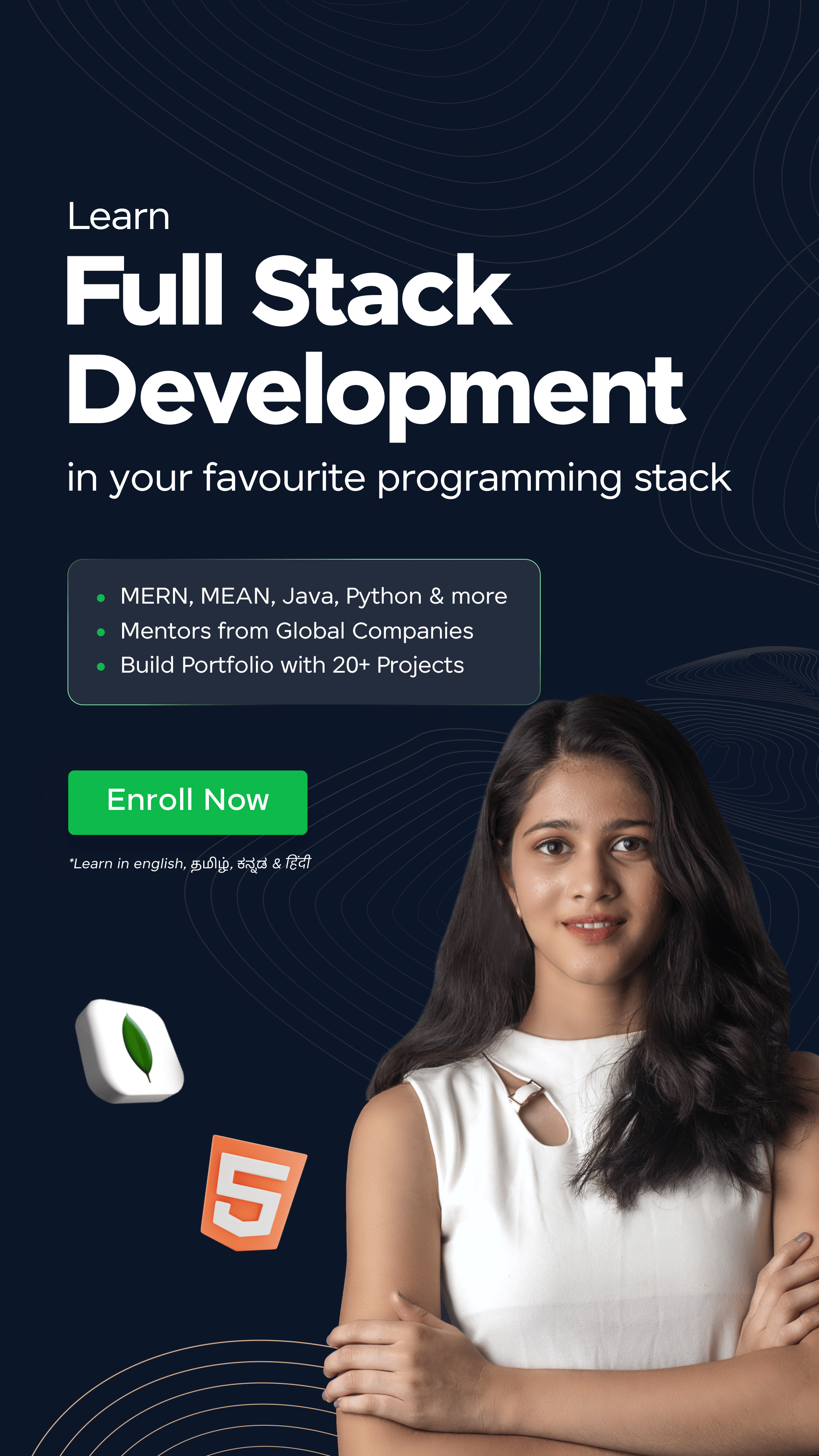









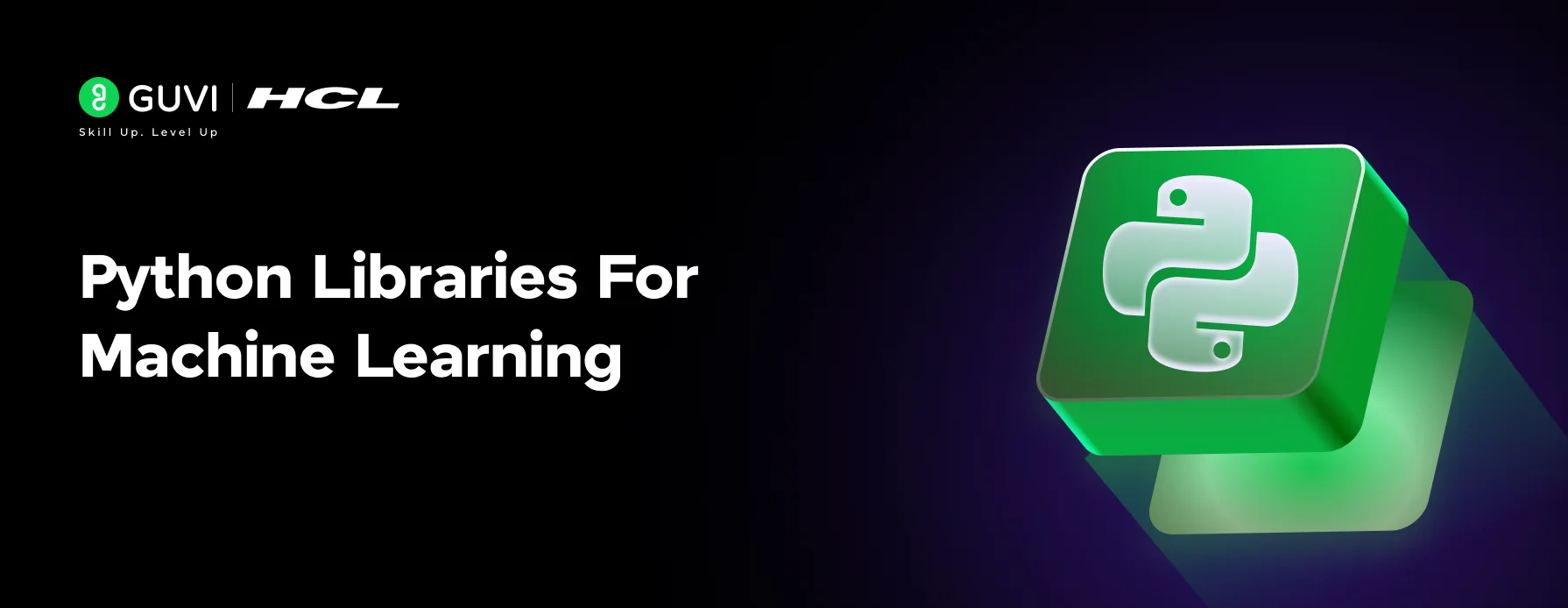
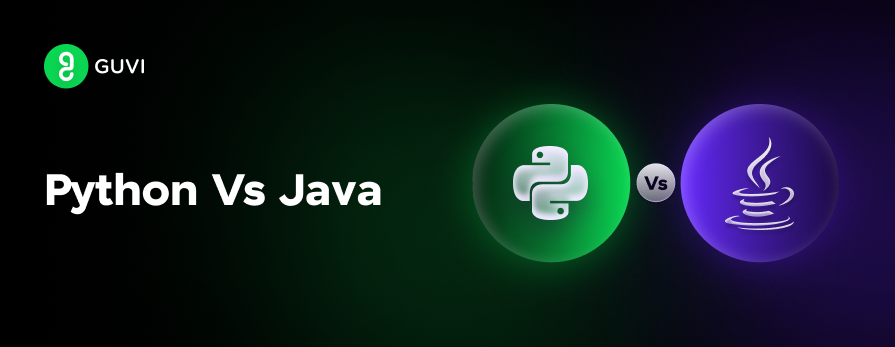

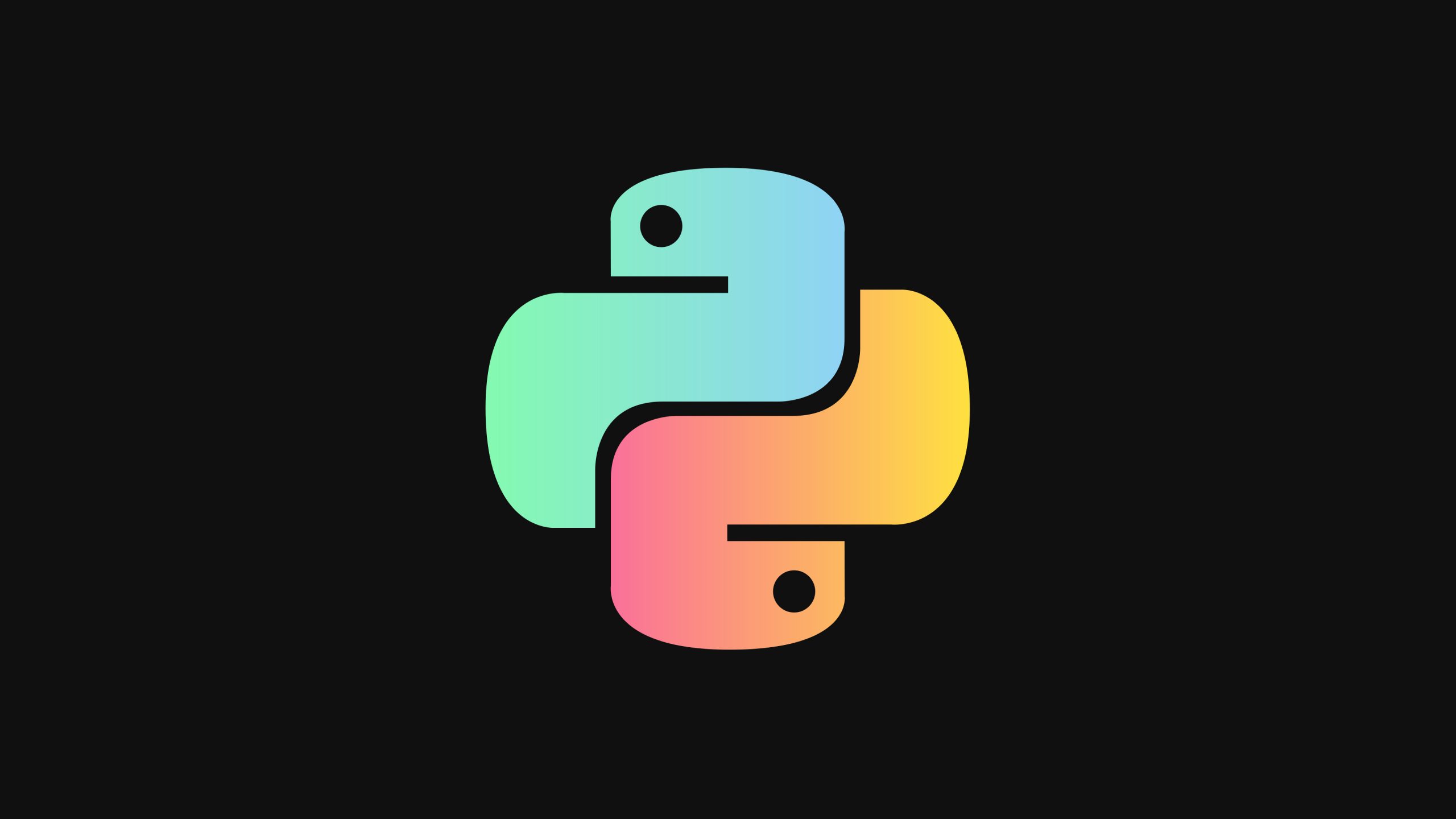
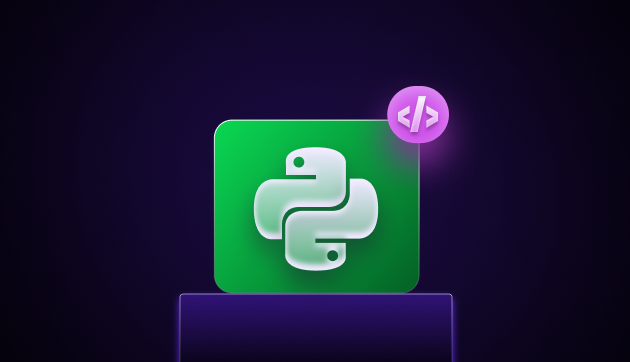
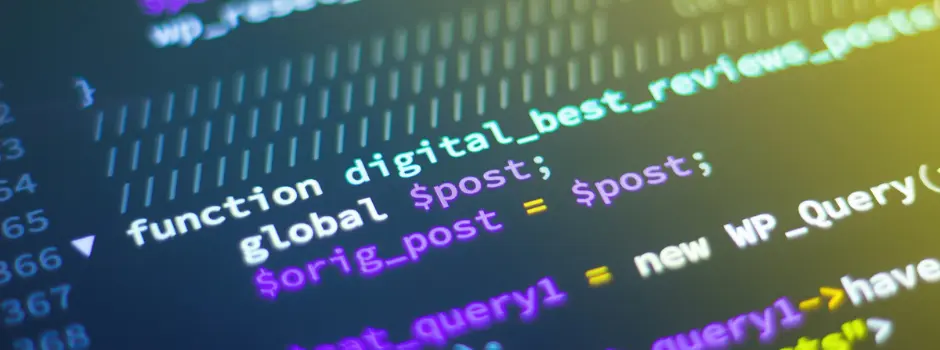
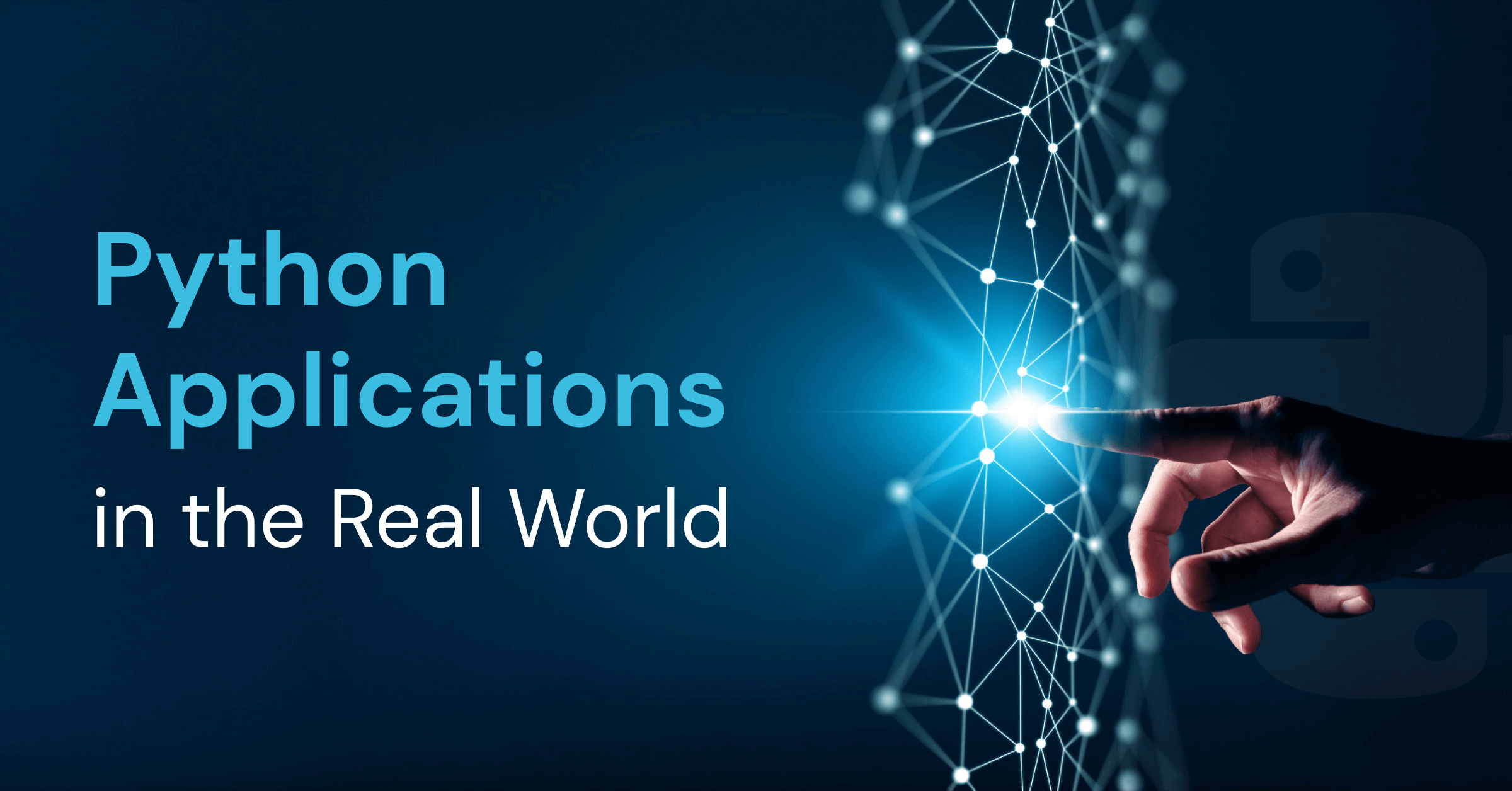
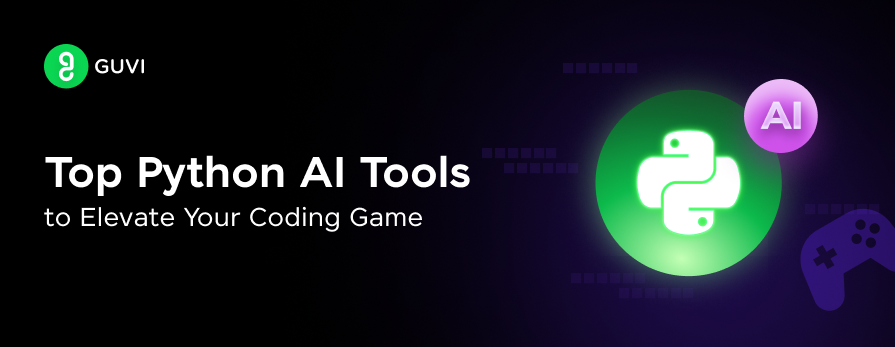

Did you enjoy this article?